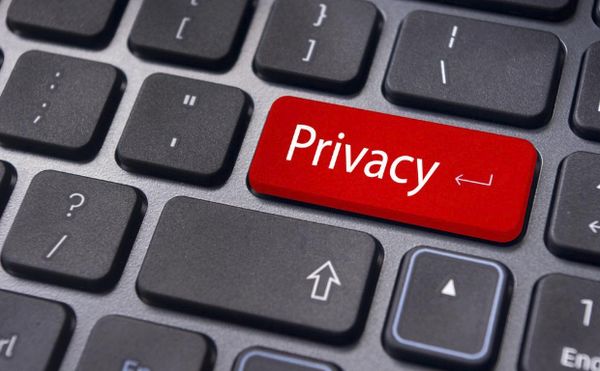Internet is a necessity in today’s world, and our daily lives almost revolve around our computers and cell phones. It is an essential resource that enables a number of processes including staying connected with family and friends, information, shopping, social media, and of course, work!
Internet penetration in our daily life goes beyond what we imagine. Its adoption in all walks of life is increasing rapidly; however, it also raises many concerns, the largest of which revolve around privacy.
The world of the internet can backfire on people who are uninformed about its intricacies. Data theft, hacking and user tracking are commonplace on the internet. All internet users must protect their privacy not only from malicious hackers, but also from their internet service providers.
An ISP or Internet Service Provider is a company that provides access to the internet. Because they are intermediaries between you and the internet; it is very important to protect your privacy from them.
Here’s how you can protect your privacy from your internet service provider:
-
Choose an ISP that respects your privacy
Privacy should be a concern for everyone who accesses the internet. Choosing an honest ISP that respects your privacy is a boon you shouldn’t miss. Even if the ISP charges several hundred more each month, it is wise to spend that amount on your privacy.
ACT Fibernet is one of the most secure broadband provider in Visakhapatnam, Delhi, Hyderabad, Bangalore and other cities. With super-fast speeds of over 1 Gbps, ACT Fibernet is not only incredibly fast but also an ISP that respects the privacy of its users.
-
Use a Virtual Private Network
VPN (Virtual Private Network) creates an encrypted connection between two or more devices. It is an encrypted tunnel where data and web traffic are protected from tampering, snooping and censorship. However, choose a A good paid VPN because most free VPNs will share your data and traffic logs with third parties.
-
Visit Encrypted Websites Only
Make it a habit to visit encrypted websites only. A website that starts with https:// instead of http:// is a sign that the site is encrypted and protected by an SSL certificate. An SSL certificate (Secure Socket Layer Certificate) is a digital certificate that validates the identity of a website.
Any website with a secure connection will have https://, and the ISP cannot see what you are browsing on that website. Sure, they can see what websites you open, but that’s about it. you can use HTTPS Plugin Everywhere in your browser to ensure you are connected to a secure version of the website (if applicable).
-
Customize your DNS
DNS stands for Domain Name System and is used to translate domain names into IP addresses. Computers access all websites via their IP addresses, and when a user types in a domain name, the browser looks up the IP address associated with that domain name in the DNS (Domain Name Service) directory.
All requests you make online are routed to your ISP’s DNS, which means the ISP can see every website you visit. Consider changing your DNS from your router to OpenDNS or Google DNS. However, if your ISP doesn’t support changing DNS, you should purchase a VPN service that will maintain your privacy in the long run.
It is very important to be informed about privacy when accessing the internet. Until stronger privacy protection options become available, the measures mentioned above should be implemented by all users.
Researching the various options regarding ISP, VPN, DNS, and other available security details is highly recommended. There are many broadband provider in VisakhapatnamBangalore, Delhi, Hyderabad and other cities that don’t compromise with users personal.
Consider researching and listing the pros and cons of the ISP you’re considering before taking the final step. Remember, in the end, only you can protect yourself by taking the necessary steps.








